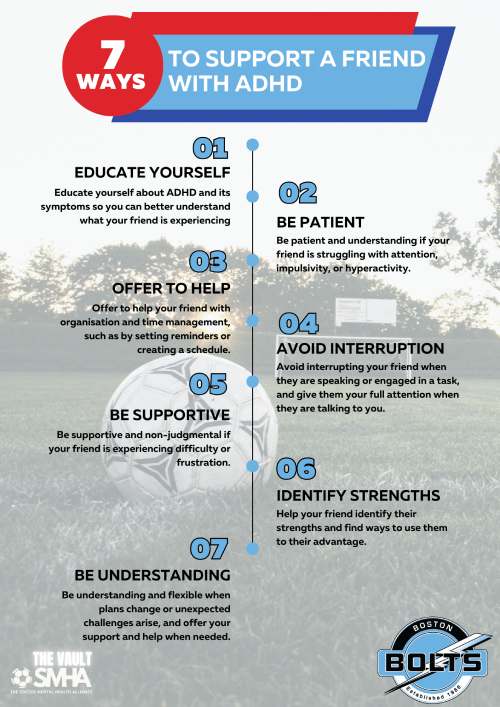
The natural variation in brain shape and function that exists in the human population is referred to as neurodiversity. It acknowledges that people who live with conditions including autism, ADHD, dyslexia, and dyspraxia have distinctive strengths and hurdles and that these distinctions should be acknowledged and cherished rather than seen as deficiencies or disorders.
In contrast to the conventional medical model of mental health, which sees these disorders as abnormal and in need of treatment, neurodiversity contradicts this approach. Instead of expecting people with neurodiversity conditions to adhere to neurotypical norms, it acknowledges that neurodiversity is a natural and valued component of human diversity and that these people should be given the assistance and accommodations they need to thrive, rather than being expected to conform to neurotypical standards.
In recent years, the neurodiversity movement has grown in popularity and acceptability, which has changed how people with neurodiversity conditions are perceived and supported. Also, it has sparked investigations into the underlying causes of these conditions and the creation of innovative methods for diagnosis, treatment, and support. Here are some tips to support a friend with ADHD:
1 Educate yourself
Educate yourself about ADHD and its symptoms so you can better understand what your friend is experiencing
2 Be patient
Be patient and understanding if your friend is struggling with attention, impulsivity, or hyperactivity.
3 Offer to help
Offer to help your friend with organisation and time management, such as by setting reminders or creating a schedule.
4 Avoid interruption
Avoid interrupting your friends when they are speaking or engaged in a task, and give them your full attention when they are talking to you.
5 Be supportive
Be supportive and non-judgmental when your friend is experiencing difficulty or frustration.
6 Identify strengths
Help your friend identify their strengths and find ways to use them to their advantage.
7 Be understanding
Be understanding and flexible when plans change or unexpected challenges arise, and offer your support and help when needed.
LISTEN TO THIS ARTICLE BELOW
